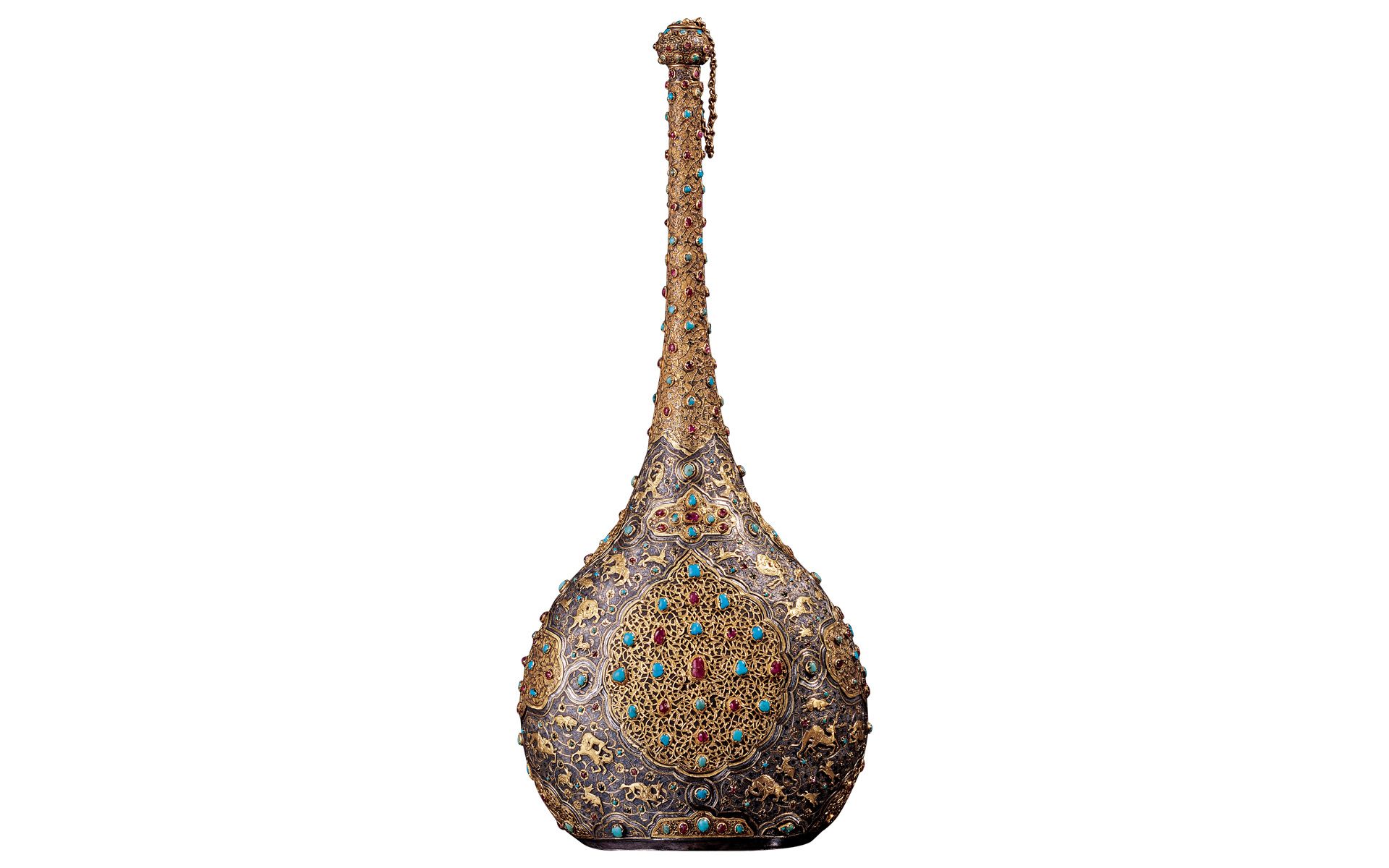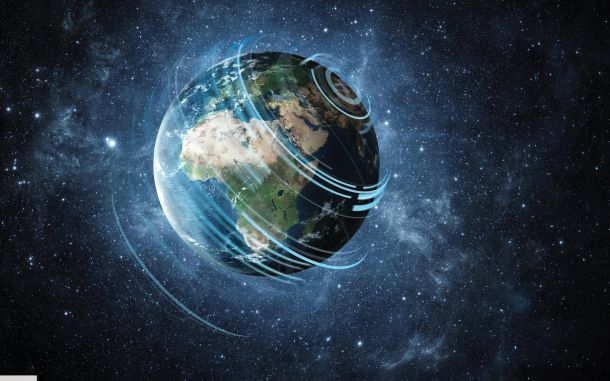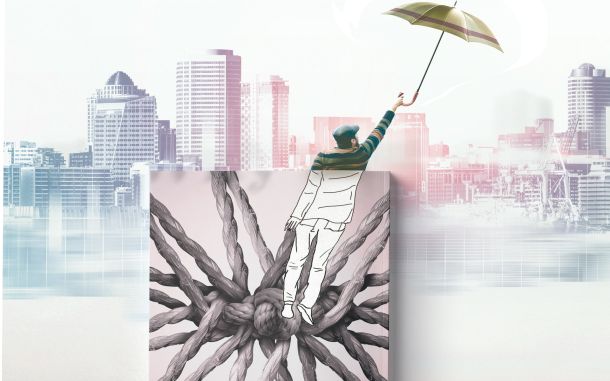Editorial: Between Fear and Hope

Two themes stand out in this issue of The Fountain. The first is from the topic of this year’s essay contest: How to focus in a time of distractions. For this issue, we have selected two shortlisted essays by two authors from two distant parts of the world. Mette Dencker, a former member of the Danish parliament, identifies five categories of distractions which suggest we dispose them similar to the way we dispose our garbage. According to Dencker, some of the distractions we encounter are out of our control, while others can be ignored. Some distractions we generate to procrastinate, while others can be positive, and we can be uplifted by them. Dencker emphasizes the importance of awareness and categorization to effectively manage and overcome distractions, ultimately leading to a more focused and grounded self.
The second article about “distractions” is from an Indian scholar, Mohammad Abul Mufazzal. Dr. Mufazzal explores the pervasive issue of distractions in our modern lives and the importance of reclaiming focus. After asserting that we should first acknowledge the prevalence of distractions, particularly from technology and social media, Dr. Mufazzal delves into the psychology of distraction, discussing how our brains handle attention and the fallacy of multitasking. He emphasizes the need to understand the cognitive processes involved in distraction and provides practical strategies for reclaiming focus, ultimately advocating for a more mindful and deliberate approach to technology and attention in the digital age.
The second major theme covered in this issue is the Parliament of the World’s Religions 2023, held in Chicago from August 14 to 18. The Fountain had a booth at this unique event. First organized in 1893, the Parliament convened again a century later in 1993 and every four or five years since then. In relation to the Parliament, Halime Benzer reflects on the importance of interfaith dialogue, defending freedom and human rights in the face of despotic rulers and authoritarian regimes. Benzer also mentions the importance of selfless service, compassion, and humility in building connections among individuals from different backgrounds and beliefs. In a second article Hakan Yesilova explores the themes of fear and hope, drawing parallels between two recent movies with huge box-office success, "Oppenheimer" and "Mission Impossible," and the Parliament of the World's Religions. "Oppenheimer" raises fear about the destructive potential of nuclear weapons, which remains relevant due to ongoing global conflicts. In contrast, "Mission Impossible" highlights the fear of rogue artificial intelligence, a concern exacerbated by advances in technology. The Parliament of the World's Religions is portrayed as a beacon of hope, where people from diverse spiritual backgrounds come together in solidarity and friendship.
Amidst the chaos of distractions and hanging between fear and hope, we find a sense of direction in the Lead Article. In his unique poetic style, Gülen describes how humanity has once achieved a society of peace and trust, and how that is still possible despite the not-so-favorable circumstances of our age.









